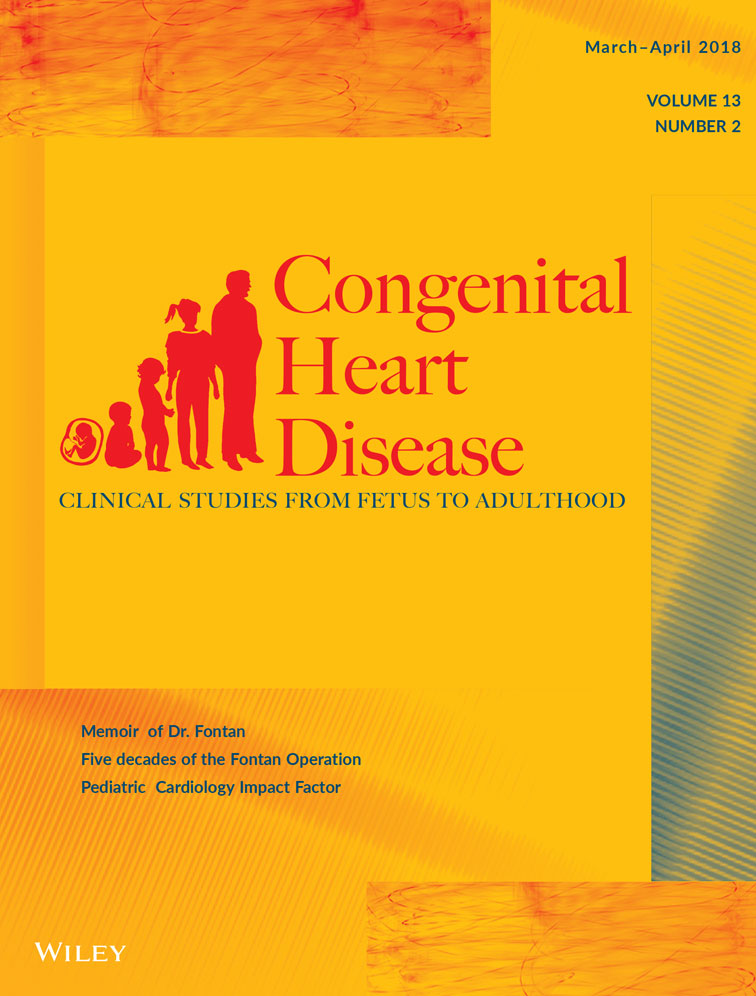Effects of inspiratory muscle training in chronic heart failure patients: A systematic review and meta-analysis
Funding information: Shanghai Municipal Education Commission-Gaoyuan Nursing Grant Support, Grant/Award Number: Hlgy1603gj
Jing Wu and Li Kuang contributed equally to this work.
Abstract
Objective
The aim of this study was to evaluate the effects of inspiratory muscle training (IMT) in chronic heart failure (CHF) patients.
Design
We searched MEDLINE, EMBASE, Cochrane Library, CINHAL, and CBMdisc to collect controlled trials on the application of inspiratory muscle training in CHF patients from the establishment of these databases to November 2016. Two reviewers independently screened literature according to the inclusion and exclusion criteria, extracted data, and assessed the quality of literature. Meta-analysis was conducted by software RevMan5.3.
Results
Eight studies involving 302 patients were identified. Meta-analysis indicated that IMT significantly improved PImax, VE/VCO2 slope and dyspnea (weighted mean difference [WMD] = 16.52, 95% CI: 13.87–19.17, P < .01; WMD = –5.78, 95% CI: −7.72 to −3.85, P < .01; SMD = –0.95, 95% CI: −1.5 to −0.39, P < .01), and descriptive results showed that long-term IMT (≥6 weeks) can improve the quality of life of CHF patients, and patients in IMT group also have a significant improvement in 6-minute walking distance test (6-MWD).
Conclusion
IMT can improve pulmonary function, exercise tolerance, and quality of life of CHF patients and relieve the symptom of dyspnea.
CONFLICT OF INTEREST
There is no conflict of interest.




